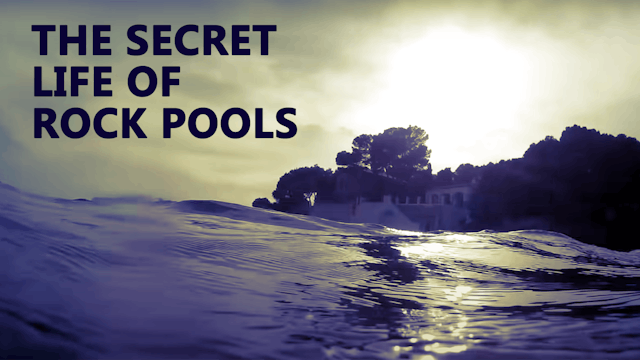-
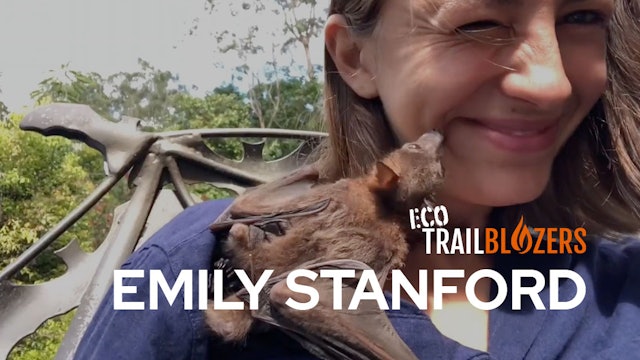 06:30Episode 1
06:30Episode 1Eco TrailBlazers - Emily Stanford
Episode 1
Emily Stanford is a conservationist, film-maker and biologist specialising in bats. Emily spends much of her time raising awareness of bats and their place in the ecosystem. Emily describes herself as a Bat Advocate
-
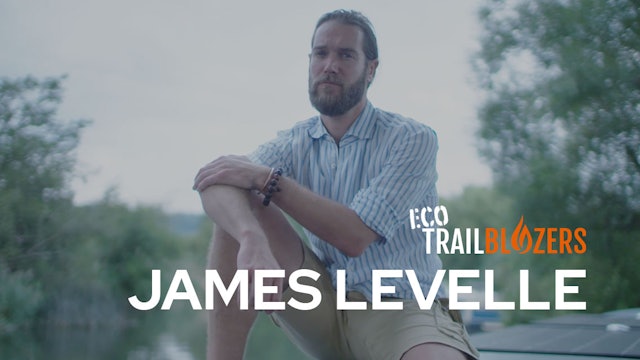 10:18Episode 2
10:18Episode 2Eco TrailBlazers - James Levelle
Episode 2
James Levelle is a committed environmentalist with a passion for adventure - his documentary 'Race for the Future' is an 11,000km journey from southern England to the capital of Chile made without the use of fossil fuel powered transport
-
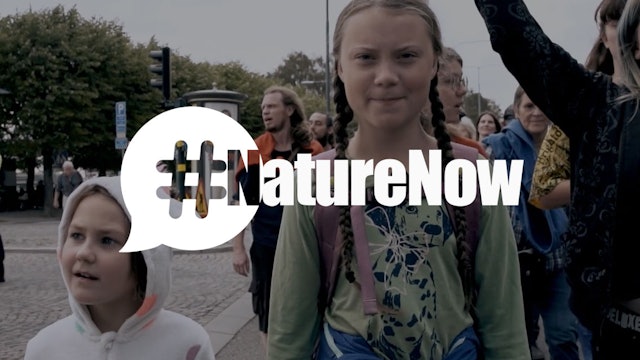 03:44Episode 3
03:44Episode 3#NatureNow
Episode 3
There is a natural solution to the climate breakdown: protecting forests. Climate activist Greta Thunberg and writer & climate activist George Monbiot explain
Director: Tom Mustill
-
Natural World Facts - The Secret Life of Rock Pools
Episode 4
As the tide recedes along the shores, it uncovers a truly alien world of rock pools. At first look, the landscape presents little more than a barren, lifeless stretch of thick mud and rotting seaweed, but it’s a unique habitat that’s fun for all the family to enjoy.
-
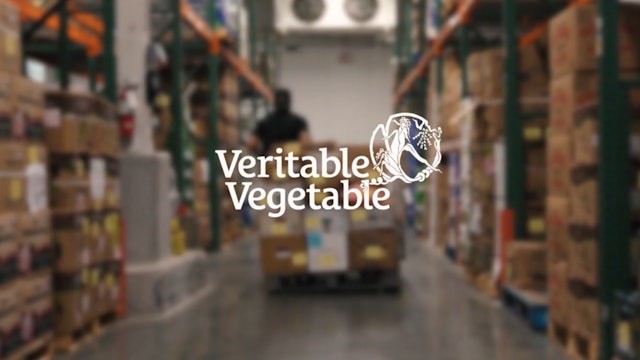 03:38Episode 5
03:38Episode 5Veritable Vegetable
Episode 5
Veritable Vegetable demonstrates a radically different approach to food distribution. Since 1974, they have supported sustainable agriculture and organic farmers to create better access to healthy food.
-
 06:07Episode 6
06:07Episode 6Imperfect Foods
Episode 6
Billions of pounds of perfectly good food go to waste every year. Jacobs Farm wants to end this,
-
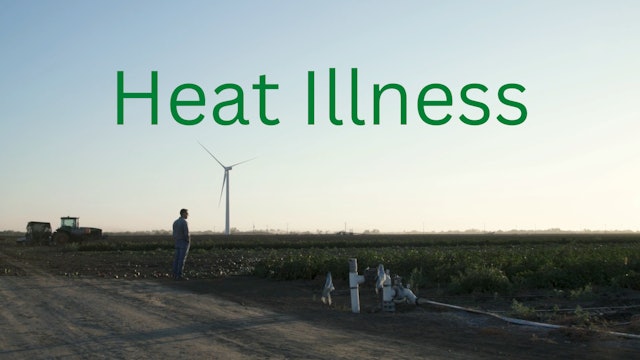 04:17Episode 7
04:17Episode 7Heat Illness
Episode 7
Veritable Vegetable demonstrates a radically different approach to food distribution. Since 1974, they have supported sustainable agriculture and organic farmers to create better access to healthy food.
-
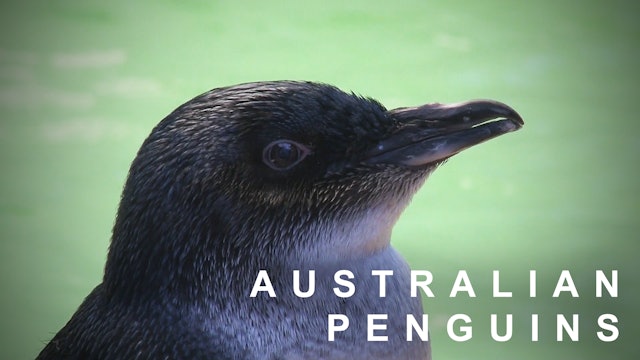 52:13Episode 8
52:13Episode 8Australian Penguins
Episode 8
A small colony of 'Little Penguins' live on Penguin Island off the coast Perth, Western Australia.
The island has a Discovery Centre which treats and houses penguins that have been injured, orphaned or abandoned, usually as chicks -
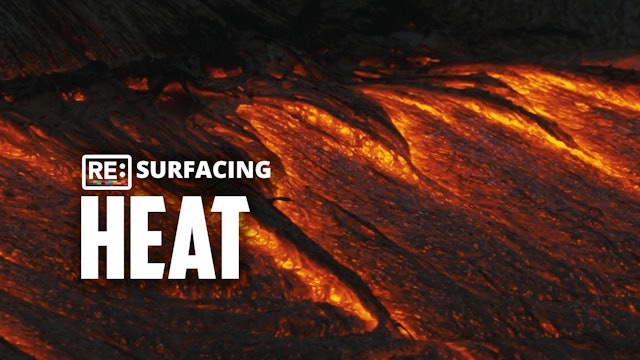 07:01Episode 9
07:01Episode 9Resurfacing Heat
Episode 9
Geothermal technology with a key part to play in the clean energy transition. With global demand for energy expected to increase by 50% by 2050, it is essential we find a range of energy sources to replace fossil fuels and support the transition to a clean energy future.
Eavor’s revolutionary ...
-
 06:03Episode 10
06:03Episode 10Refuelling Aviation
Episode 10
Using bacteria to create Sustainable Aviation Fuel from captured carbon
With 2.5% of global CO2 emissions generated by the aviation sector and 100 million gallons of jet fuel used each year by commercial airlines, decarbonising aviation fuel is essential if we are to achieve a Net Zero future.
Ba... -
 05:26Episode 11
05:26Episode 11Reactivating Chemicals
Episode 11
New Iridium is the Carbon-negative chemical manufacturing inspired by photosynthesis.
The chemicals industry generates trillions of dollars of revenue globally, producing a wide range of products from packaging and paint to food and pharmaceuticals. However, many of the manufacturing processes i...
-
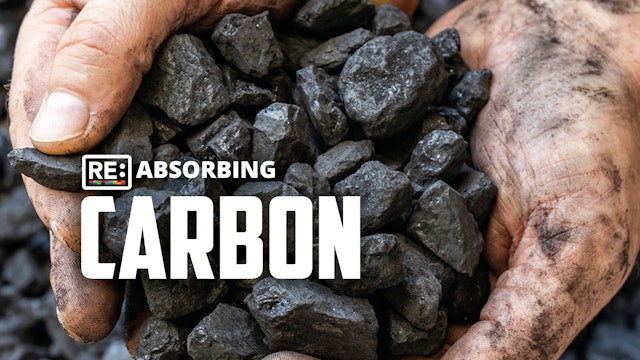 07:17Episode 12
07:17Episode 12Reabsorbing Carbon
Episode 12
ReTV looks aft accelerating carbon capture from natural chemical weathering. With more than 2 trillion tonnes of excess carbon dioxide in the atmosphere today, we need to accelerate efforts to capture existing #CO2 as well as reduce our emissions.
The oceans are one of the largest carbon sinks on... -
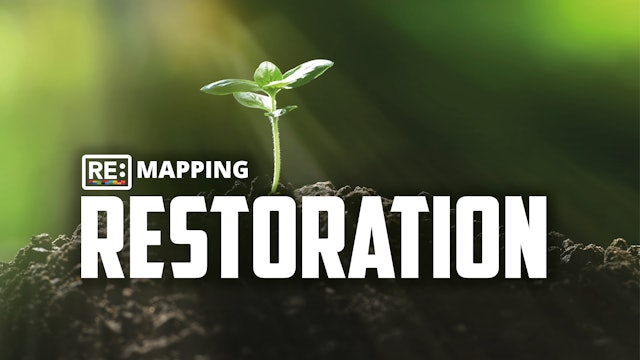 01:14Episode 13
01:14Episode 13Remapping Restoration
Episode 13
A collaboration between the Crowther Lab, ETH Zurich and Google, Restor is a mapping platform for the fast-growing global restoration movement.
Traditionally, detailed scientific data and resources have been difficult or expensive to access, with information spread across a mix of outlets and p...
-
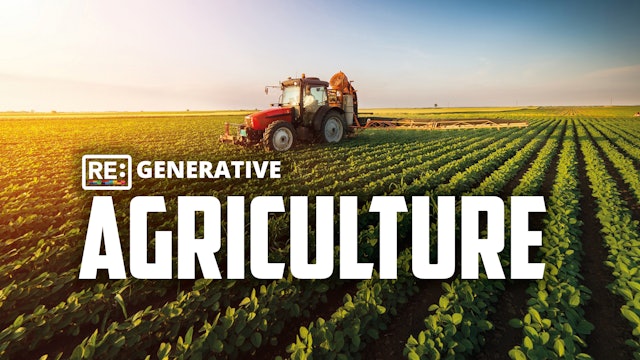 07:50Episode 14
07:50Episode 14Regenerative Agriculture
Episode 14
With an estimated 25% of greenhouse gas emissions coming from our food system, rethinking our approach to agriculture is essential if we are to create a sustainable future. By working in harmony with nature, regenerative agriculture can provide more nutritious food at the same time as reducing em...
-
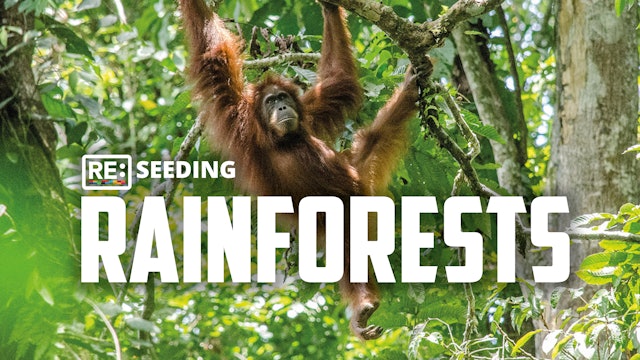 04:47Episode 15
04:47Episode 15Reseeding Rainforests
Episode 15
Brazil's Xingu Park is the oldest indigenous territory in Brazil. Its 2.6 million hectares provide a home to 16 different tribes. The Rede de Sementes do Xingu brings together over 500 indigenous seed-collectors to gather and disperse native seeds, preserving the Amazon's essential biodiversity w...
-
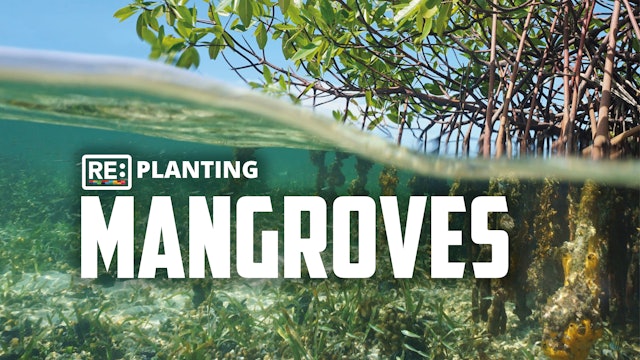 05:47Episode 16
05:47Episode 16Replanting Mangroves
Episode 16
Mangroves are one of the most effective natural carbon sinks on earth, storing up to four times more carbon per hectare than rainforests. They are also rich in biodiversity and mitigate some of the most catastrophic local effects of climate change; particularly flooding and coastal erosion. Despi...
-
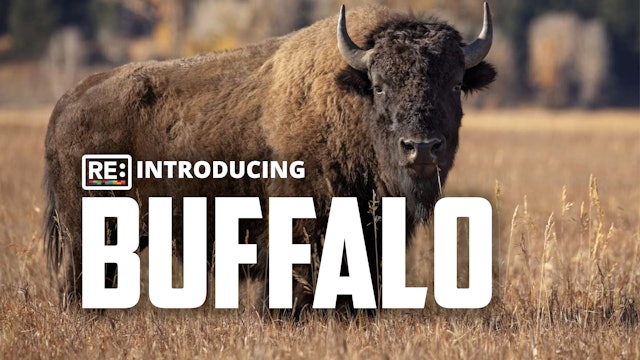 06:17Episode 17
06:17Episode 17Reintroducing Buffalo
Episode 17
Kainai knowledge-keeper Leroy Little Bear explains the importance of reintroducing buffalo in their traditional heartlands, where they hold a central place both in the local ecosystem and the culture of indigenous people.
The buffalo is a "keystone species": an eco-engineer which regenerates the...



